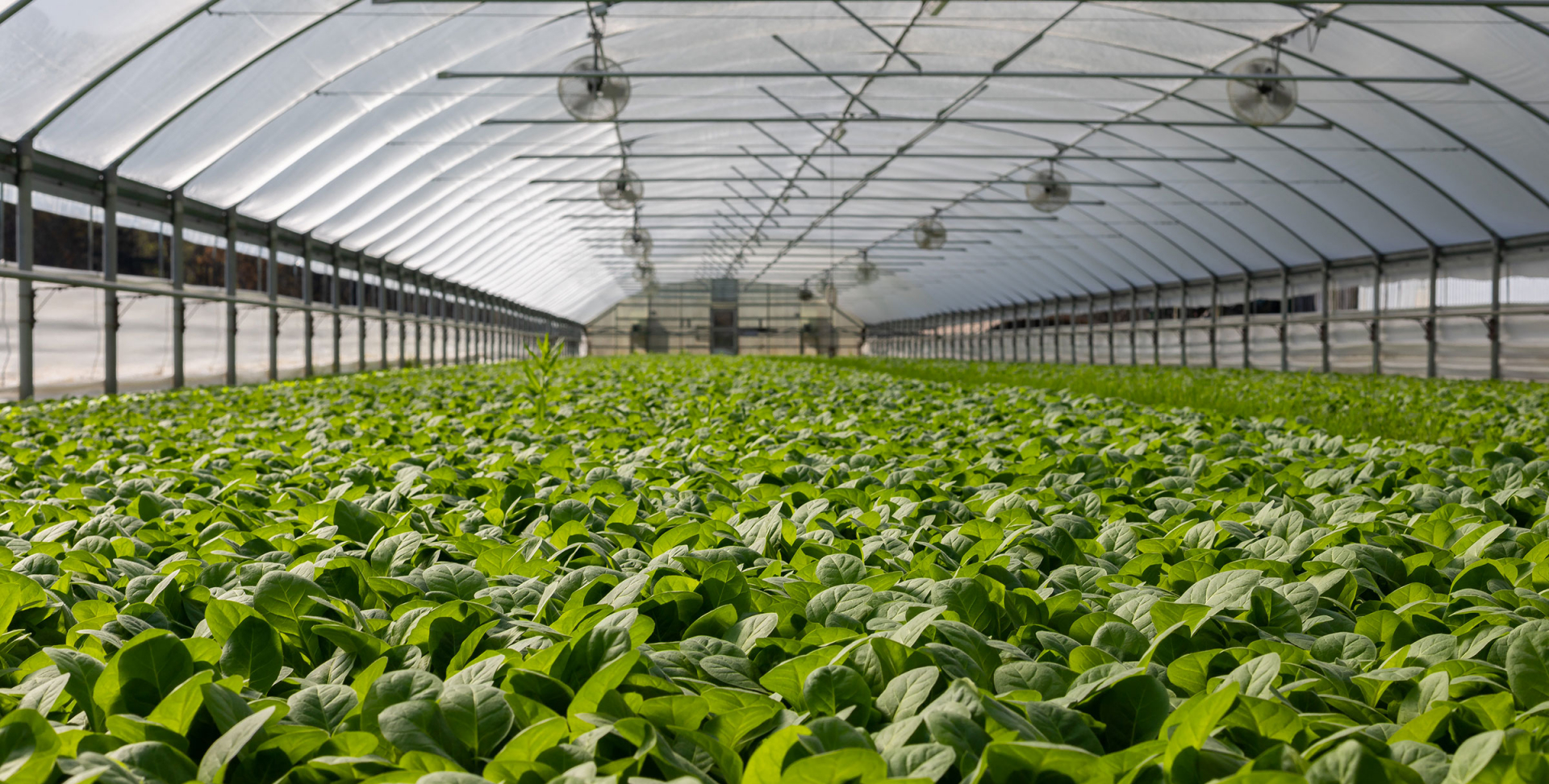Hollow Heart: 4 Best Practices for Prevention
Hollow heart is a physiological disorder that affects various horticultural crops, particularly brassicas, solanaceae, and cucurbits. Characterized by the formation of cavities or necrosis in plant tissues, this issue can severely compromise both quality and yield
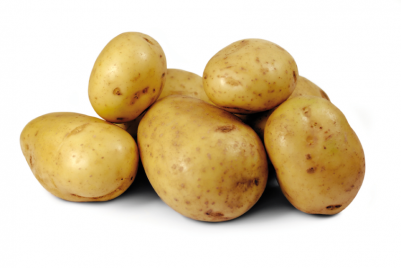
To prevent hollow heart and ensure a healthy, high-quality yield, it is essential to adopt effective agronomic and nutritional management strategies. Let’s explore four practices that help mitigate this disorder.
1. Optimize Nutrition with Calcium and Boron
Calcium and boron are essential elements for plant tissue formation and growth. Calcium plays a crucial role in maintaining the proper structure of cell walls and providing firmness to the fruit. Boron supports cell division, strengthens cells, and plays an important role in flower formation and fertility.
It is important to note that preventing calcium and boron deficiencies is crucial not only for reducing the risk of hollow heart but also for avoiding other issues, such as:
- Fruit end rot, (calcium)
- Fruit splitting or cracking, (calcium)
- Fruit deformities, (calcium and/or boron)
- Physiological wilting, (calcium)
- Poor fruit storability, (calcium)
- Internal tissue necrosis, (boron)
- Plant dwarfism, (boron)
- Reduced fruit growth, (boron)
- Flower abortions and fruit drop, (boron)
2. Manage Nitrogen Supply
An excess of nitrogen can stimulate excessive and overly rapid vegetative growth, which can hinder the cells of the fruit from properly structuring and organizing. This not only compromises the fruit’s final quality and shelf life but also increases the risk of hollow heart.
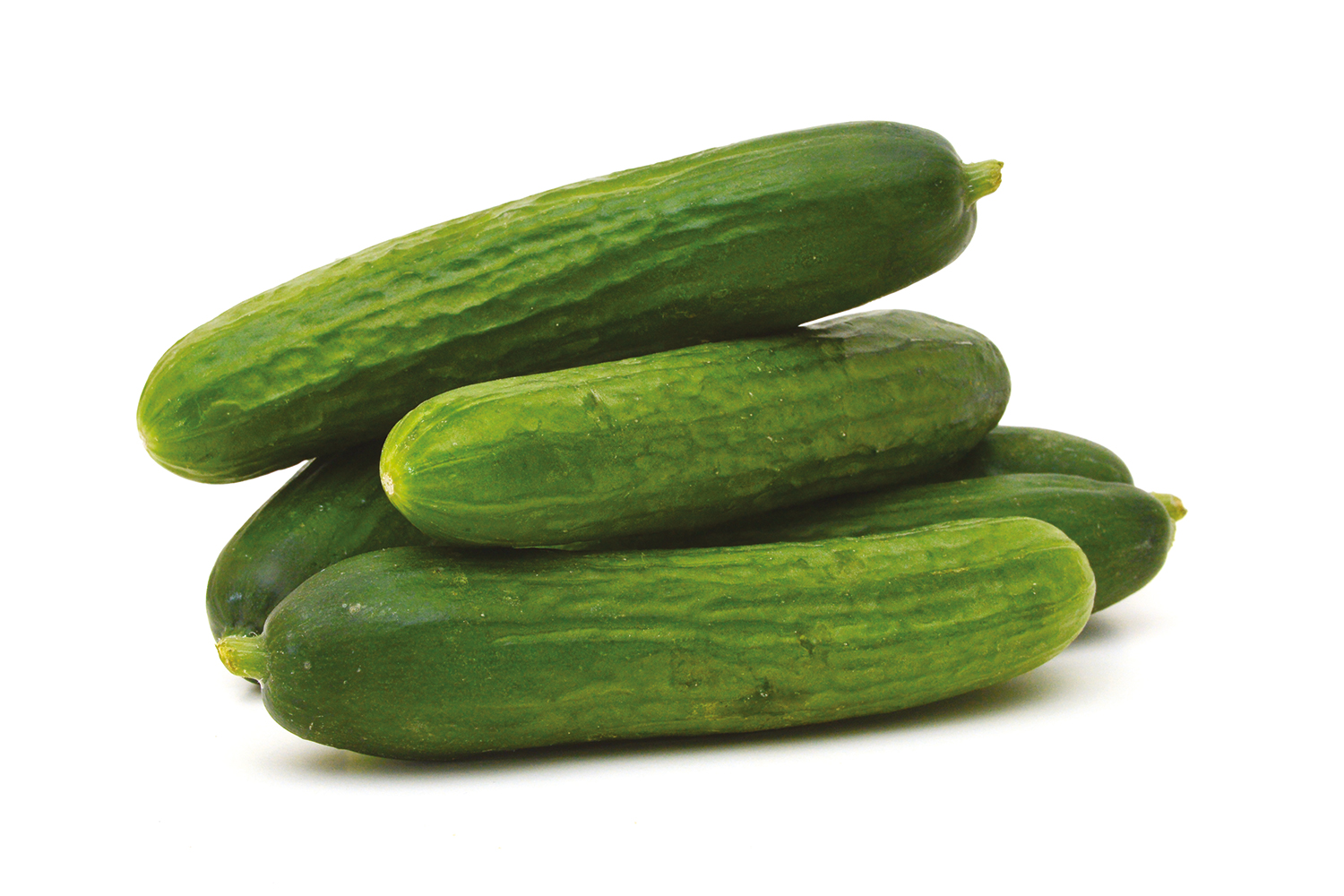
To avoid this, it is advisable to carefully select fertilizers at each stage of plant development, preferring:
- por soil fertilization: slow-release nitrogen fertilizers, such as those from the ORGA-KEM®, BIO ENERGY® S, and BIO ENERGY® 600 lines, which gradually support plant growth;
- for fertigation: liquid or water-soluble fertilizers containing nitrate and ammonium forms of nitrogen, such as KEMICAL® L918, MAGNITRON®, the GREEN-GO® line, and the HYDROFERT® line. These products allow for the rapid absorption of nutrients and provide enhanced control over fertilization.
3. Calibrate Irrigation Properly
Precise irrigation not only provides water but also promotes the uptake of crucial nutrients. It is important to adjust irrigation based on the soil’s water retention capacity and the plant’s needs, avoiding excesses that cause leaching or deficiencies that hinder absorption.
Maintaining consistently moist but not saturated soil ensures optimal nutrient flow to the roots, preventing water and nutrient stress.
4. Enhance Plant Resilience
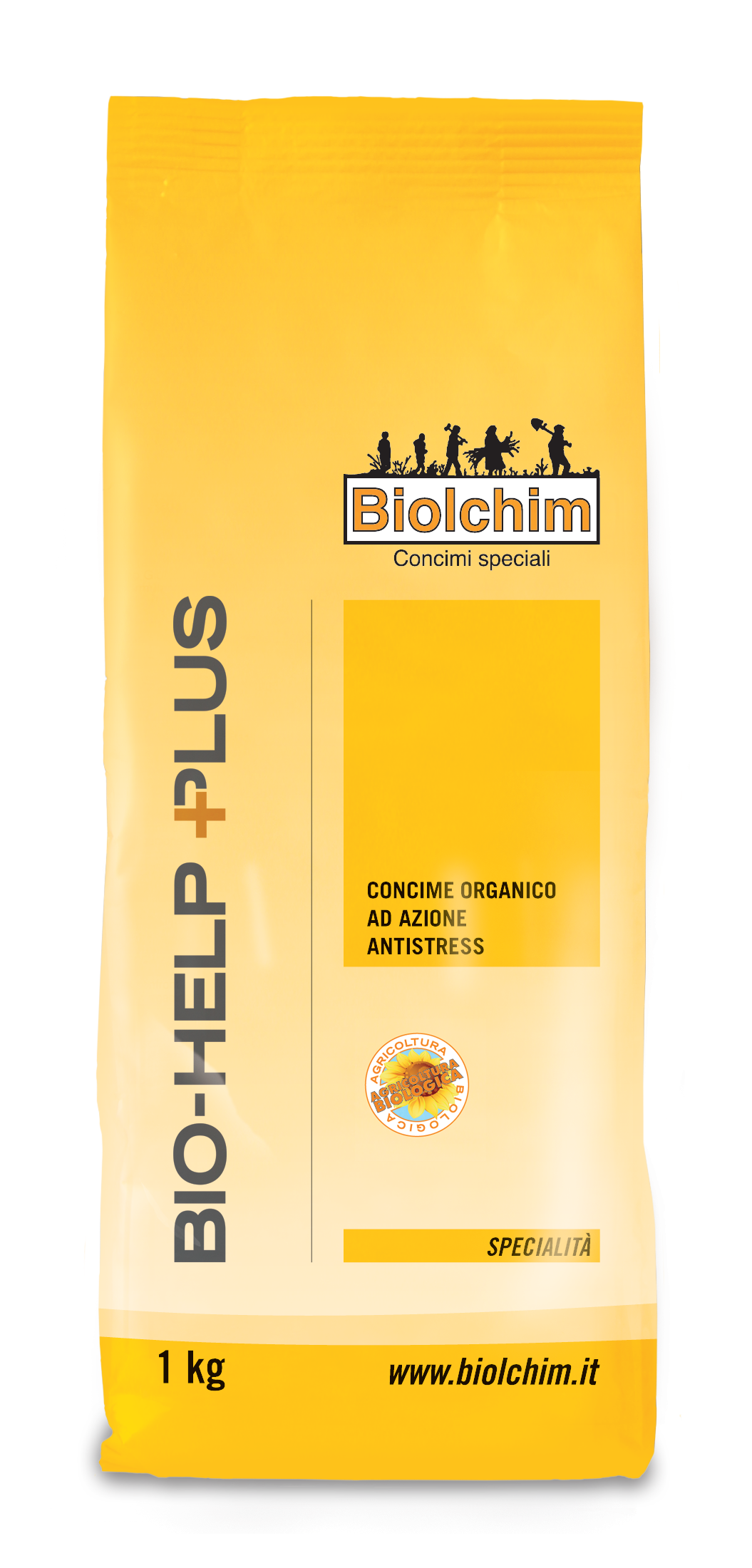
Adverse climatic events such as temperature fluctuations, drought, or excessive humidity can negatively affect plant metabolism and compromise healthy tissue formation.
Stimulating cellular activity and strengthening the plant’s physiological system becomes essential for maintaining optimal growth balance, helping to reduce the incidence of physiological disorders. The use of biostimulants to overcome stress, such as BIO-HELP PLUS™, proves to be strategic.
Specific Interventions for Hollow Heart Prevention
As we have seen, supporting the plant’s metabolism and ensuring the availability of calcium and boron is crucial in opposing hollow heart disorder.
For this reason, Biolchim recommends foliar application of FOLICIST® and GLIBOR Ca™.
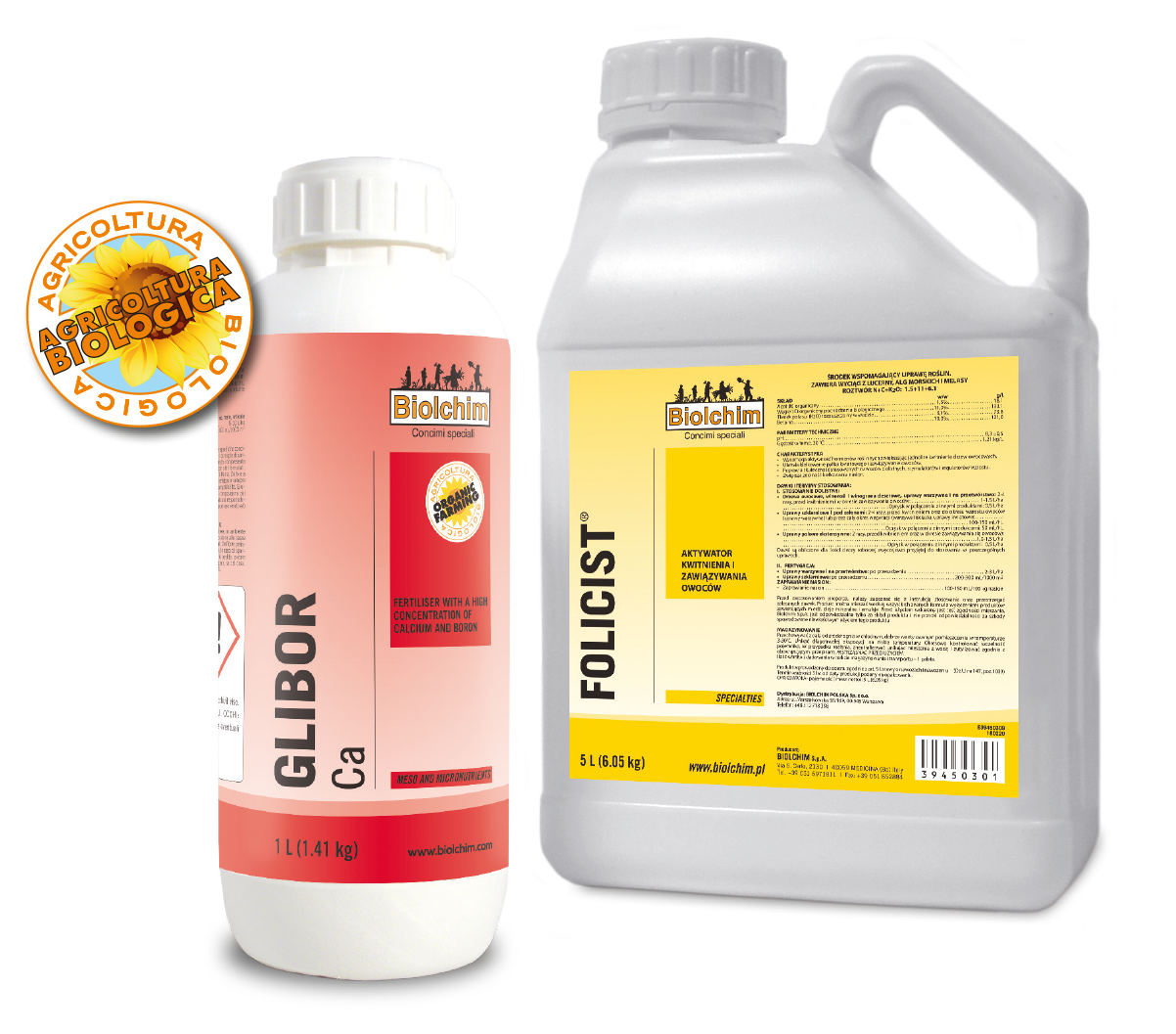
The biostimulant FOLICIST®, formulated with amino acids, proline, cysteine, folic acid, and vitamins, promotes healthy cellular activity, improves nutrient absorption, and increases tolerance to environmental stresses.
The fertilizer GLIBOR Ca™ provides readily assimilable calcium and boron in a high and balanced concentration.


Benefits of the Strategy
For growers of brassicas, solanaceae, and cucurbits, preventing hollow heart allows them to maximize the potential of their crops and achieve the desired quality.
Healthy horticultural systems produce fewer rejects, yield higher outputs, and offer a final product more appreciated by consumers.
Biolchim‘s strategy provides a complete and effective solution, promoting sustainable and high-quality horticultural production.




